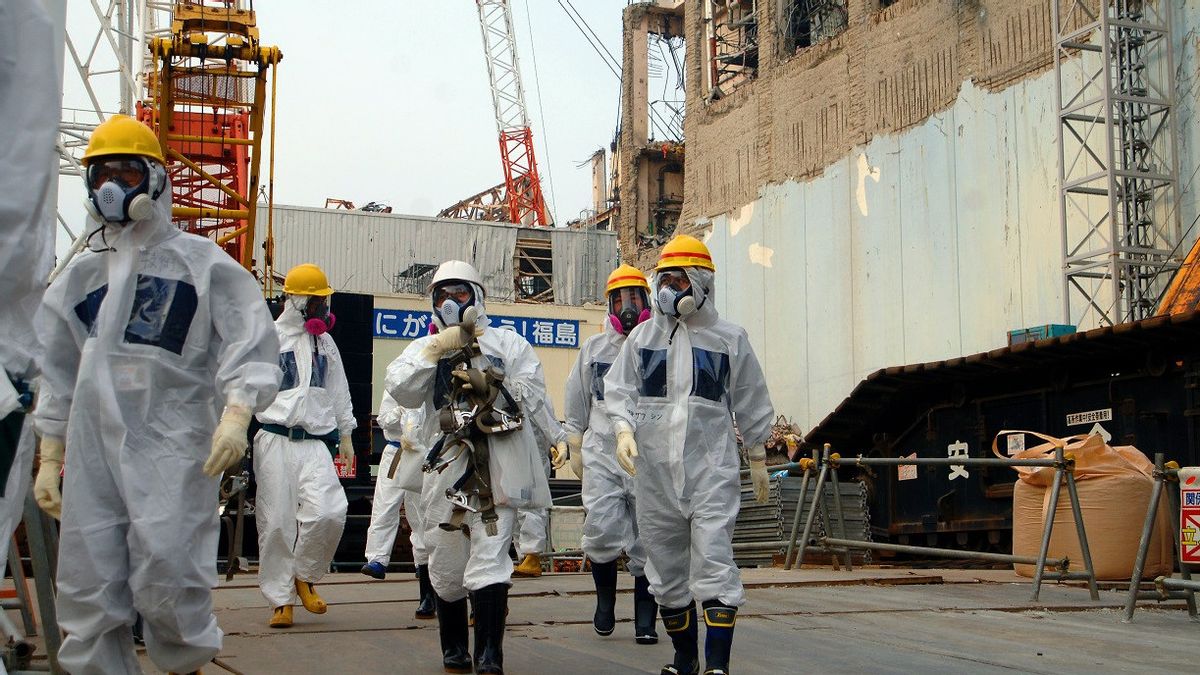JAKARTA - Korea On Tuesday expressed deep regret over Japan's decision to dump water contaminated with radioactive material from the Fukushima Nuclear Power Plant (PLTN) into the Pacific Ocean.
Although the radioactive discharge is most rapidly realized in 2023, South Korea and China object to this decision, considering the impact it will have on the environment.
"The government is deeply sorry for the Japanese Government's decision to release contaminated water from the Fukushima nuclear plant into the sea", Government Policy Coordination Office Chief Koo Yoon-Cheol said at a meeting at Seoul's Government Complex, as quoted by Koreatimes on Tuesday, April 13.
"The South Korean government will take every necessary action in line with the principle of keeping the Korean people safe from contaminated water from the Fukushima plant", he said.

Koo continued, the government also asked Japan to ensure transparent disclosure and verification of information related to the release of radioactive water. Not only that, but South Korea will also protest and ask for guarantees of the safety of the South Korean people and prevent environmental damage from the Government of Japan.
"The government will raise its concerns with the International Atomic Energy Agency (IAEA) and ask the international community to objectively review safety concerns related to the release of Fukushima water", he said.
Similar to South Korea, China also disagreed with Japan's decision. China said that despite domestic and foreign doubts and concerns, it had not considered all safe disposal methods and in consultation with neighboring, Japan chose to dispose of its radioactive water.
"This is highly irresponsible and will greatly affect the human health and direct interests of people in neighboring countries", said the Ministry of Foreign Affairs of China.

"We urge the Japanese side to face its responsibilities, follow science, fulfill its international obligations, and respond to serious concerns from the international community, neighboring countries, and its own people. They must re-evaluate the problem and refrain from carelessness. Dispose of wastewater before reaching a consensus with all stakeholders and the IAEA in full consultation", China said.
Despite protests from South Korea and China, the United States defended Japan's decision. The US State Department said it was aware the Japanese Government was examining several options related to the management of processed water currently stored on-site at the Fukushima Daiichi site.
"In this unique and challenging situation, Japan has considered its options and effects, has been transparent about its decisions and appears to have adopted an approach by globally accepted nuclear safety standards", said the US State Department.
The English, Chinese, Japanese, Arabic, and French versions are automatically generated by the AI. So there may still be inaccuracies in translating, please always see Indonesian as our main language. (system supported by DigitalSiber.id)







